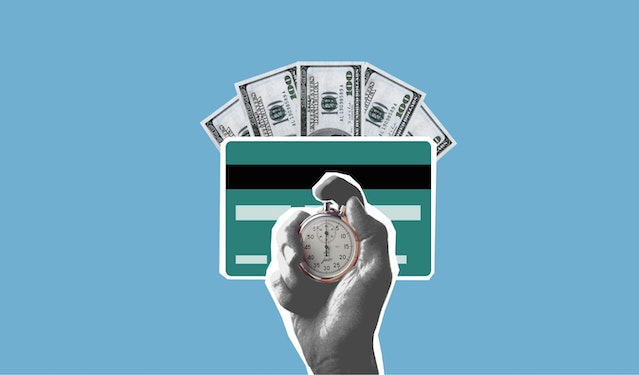Answer:
The document that explains your rights and responsibilities as a federal student loan borrower is “Mastery Promissory Note (MPN).”
As a student pursuing higher education, federal student loans can play a significant role in financing your education. However, it’s crucial to understand the rights and responsibilities that come with being a federal student loan borrower. One essential document that outlines these rights and responsibilities is the Master Promissory Note (MPN). In this article, we will delve into the key aspects of the MPN and what it means for you as a borrower.
What is the Master Promissory Note (MPN)?
The MPN is a legally binding agreement between you and the U.S. Department of Education or your loan servicer. When you first borrow federal student loans, you are required to sign the MPN, which outlines the terms and conditions of your loan. It serves as a comprehensive guide to your rights and responsibilities as a borrower.
Loan Terms and Conditions:
Within the MPN, you will find detailed information about the specific terms and conditions of your loan. This includes the type of loan you are borrowing (e.g., Direct Subsidized Loan, Direct Unsubsidized Loan), the loan amount, interest rate, and any applicable fees. It is crucial to review and understand these terms to make informed decisions about your loan.
Repayment Obligations:
Understanding your repayment obligations is vital to managing your federal student loans responsibly. The MPN specifies the repayment start date, the length of the repayment period, and the amount of your monthly payment. It also outlines the various repayment plans available to you, such as standard repayment, income-driven repayment, or extended repayment. Take the time to explore these options and choose the one that best fits your financial circumstances.
Borrower Rights:
The MPN highlights several important rights that you have as a federal student loan borrower. These rights include:
a. Access to Loan Information: You have the right to receive loan disclosure statements, which provide a summary of your loan details and repayment schedule. This allows you to track your loan balance, interest accrual, and remaining payments accurately.
b. Prepayment without Penalty: The MPN ensures that you have the right to make additional payments or pay off your loan early without incurring any prepayment penalties. Taking advantage of this right can help you save on interest and become debt-free sooner.
c. Loan Servicing Transfer Notice: In the event that your loan servicer changes, the MPN guarantees that you will receive a notice informing you of the transfer. This ensures that you stay informed about who is managing your loan and where to direct your future payments.
Responsibilities of Borrowers:
Along with your rights, the MPN outlines certain responsibilities that you must fulfill as a federal student loan borrower. These responsibilities include:
a. Timely Repayment: It is your responsibility to make your loan payments on time each month. Failure to do so can result in late fees, negative impacts on your credit score, and potential default.
b. Contact Information Updates: It is essential to keep your loan servicer informed of any changes in your contact information, such as your address, phone number, or email address. This ensures that you receive important loan-related communications promptly.
c. Financial Hardship Communication: If you are facing financial difficulties and are unable to make your loan payments, it is your responsibility to contact your loan servicer promptly. They can guide you through options such as deferment, forbearance, or alternative repayment plans to help you manage your loans during challenging times.
Consequences of Default:
The MPN explains the severe consequences of defaulting on your federal student loans. Defaulting occurs when you fail to make payments for an extended period, typically 270 days. Consequences of default may include:
a. Collection Fees: If your loan goes into default, collection fees may be added to your outstanding balance, making it even harder to repay.
b. Wage Garnishment: The government may garnish your wages, meaning a portion of your paycheck will be withheld to repay your loan.
c. Negative Credit History: Defaulting on your loans can severely damage your credit history, making it difficult to secure future credit or loans.
d. Loss of Federal Financial Aid Eligibility: Defaulting on federal student loans can result in the loss of eligibility for any future federal financial aid, including grants or additional student loans.
Loan Discharge and Forgiveness:
While the focus of the MPN is on loan repayment, it also provides information on circumstances under which your loan may be discharged or forgiven. Examples of loan discharge and forgiveness programs include the Total and Permanent Disability Discharge and the Teacher Loan Forgiveness program. Understanding these options can provide potential relief in specific situations.
Conclusion:
Becoming familiar with your rights and responsibilities as a federal student loan borrower is essential for successful loan management. The Master Promissory Note (MPN) serves as a comprehensive guide, outlining the terms and conditions of your loan, repayment obligations, and borrower rights and responsibilities. By understanding the contents of the MPN and staying informed, you can navigate your student loan journey with confidence, make informed decisions, and ensure a successful repayment process.

